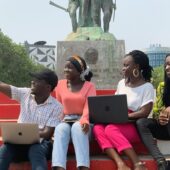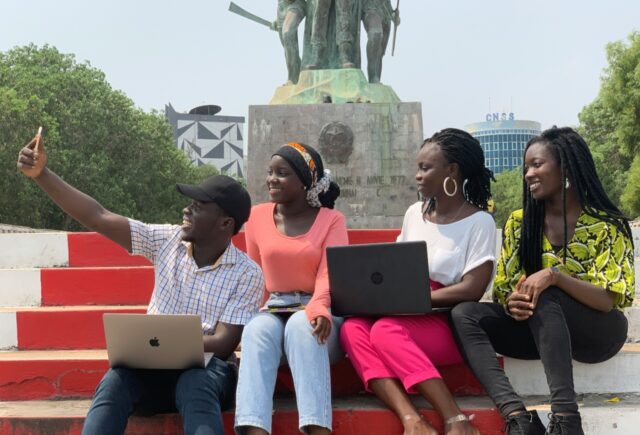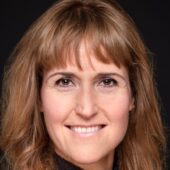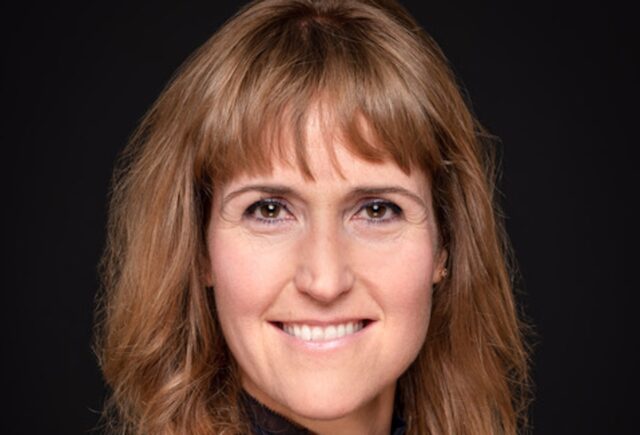ASN Impact Investors is asking for help from the public to find listed companies which don’t damage nature. So far, the investor has only identified three companies that fit the bill, representing 0.01% of publicly listed companies
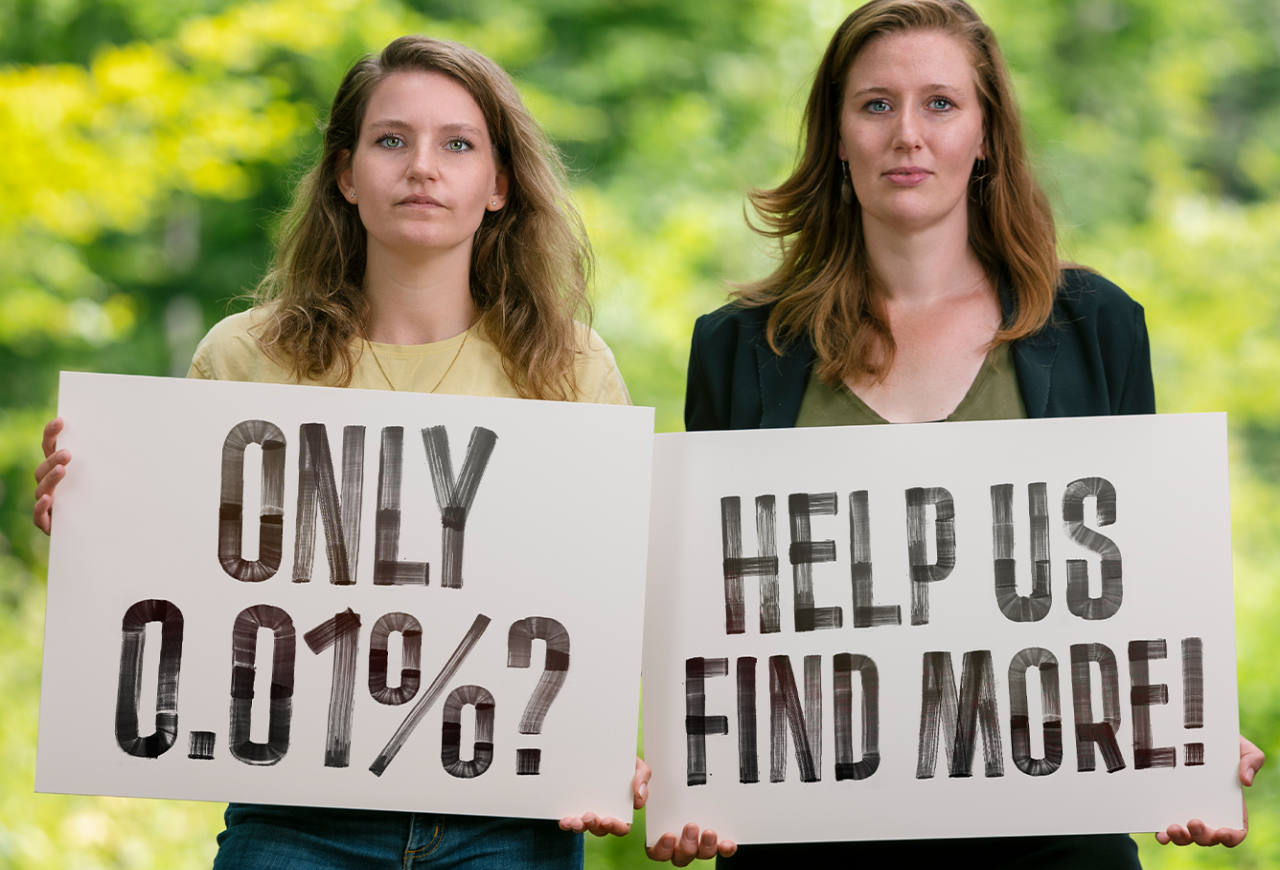
ASN Impact Investors is taking a novel approach to identifying investment targets for its ASN Biodiversity Fund by putting out a request to the public to let it know of any listed companies that may fit the bill.
The move was sparked by the Dutch-based investor’s failure to identify more than a handful of listed companies that meet the fund’s aim of contributing to the protection and restoration of nature by investing in projects and initiatives that make a measurable positive contribution to biodiversity.
The Euronext-listed fund mainly focuses on sustainable forestry, agroforestry, sustainable seas and fisheries, and ecotourism.
Karin van Dijk, the developer and manager of the fund, said ASN had so far been able to track down just three listed firms to invest in – or 0.01% of the more than 43,000 listed companies worldwide. But she is confident there are more investable opportunities out there.
“We have had a lot of positive responses to our call, so we hope to find more listed companies we can invest in. But we also want to raise awareness that most listed companies still damage biodiversity. So, there is a two-fold purpose to this,” van Dijk told Impact Investor.
ASN’s biodiversity fund was launched in November 2021. Since then, the fund has grown to around €28m and has invested in six funds and bonds in Europe, Latin America and the US, with more than 70 mainly privately-held firms targeting improved biodiversity in the underlying portfolios.
“The companies we find are usually quite small businesses that have probably started in the last five or ten years. Making a positive contribution to biodiversity is often part of their mission,” van Dijk said.
To these investments have now been added the three new listed investments of which one has been disclosed so far. That is in an Australian-listed firm, Wide Open Agriculture, which restores degraded agricultural land through regenerative farming that improves soil quality, absorbs more carbon from the atmosphere uses scarce water resources more efficiently. It produces oat milk and plant-based protein made from lupins, among other products.
“One of the main reasons we launched this fund is that we saw many great opportunities to invest in biodiversity, but most of those companies are unlisted and so they’re not easily accessible for our clients that want to invest in biodiversity, she said.
By making such sustainable investments more readily available to smaller retail investors, the fund hopes to mobilise more badly needed investment to stem biodiversity loss.
“Our fund helps because you can invest in it even if you only have €20 and get access to investment opportunities that are usually not accessible to most people due to the high-ticket sizes normally required,” said van Dijk.
Measuring biodiversity
How to provide a meaningful measure of a company’s impact on biodiversity loss – or gain – is a hot topic for impact investors and is far from straightforward, given the multiple variables involved. However, ASN Impact Investors has been in the forefront of efforts to develop worthwhile metrics.
As CEO San Lie told Impact Investor in May, the firm was the first asset manager worldwide to measure the biodiversity footprint of its funds, and was the driving force behind the Partnership for Biodiversity Accounting Financials (PBAF), and the earlier Partnership for Carbon Accounting Financials (PCAF). ASN works closely on biodiversity measurement with Dutch-based consultants Pré Sustainability and CREM..
ASN’s methodology, which is based on large, open-source databases of scientific data, produces an estimate of biodiversity loss in hectares as a result of a company’s activities.
“The tool is not perfect yet, and it’s still in development, but it has really helped us and gives a lot of insight for our clients. It shows that most listed companies are still harming biodiversity,” van Dijk said. “But in the end, measurement is just a tool, it’s not the goal. We want impact on the ground. And if I’m looking at a company, I want to understand how they are helping to promote biodiversity.”
